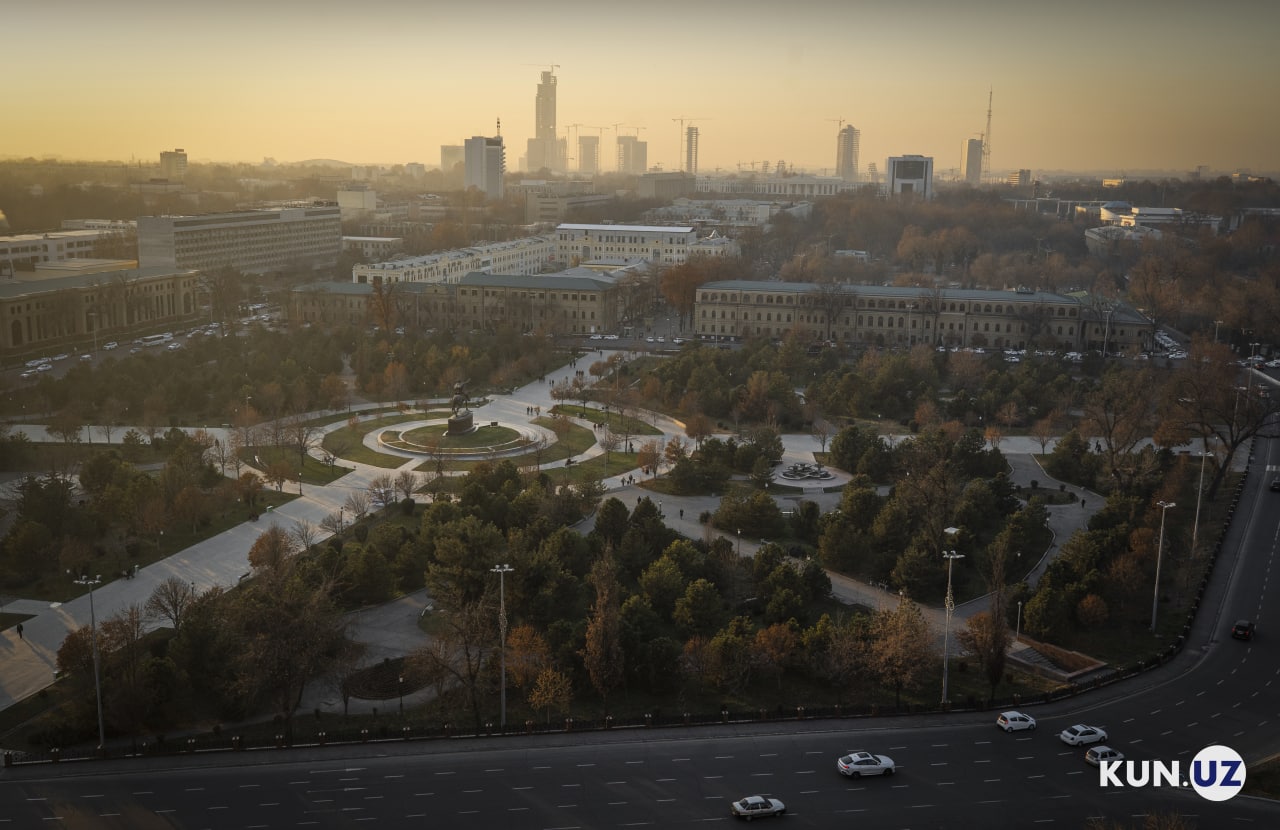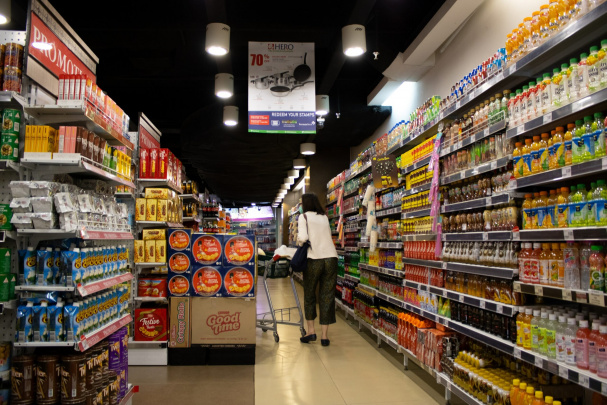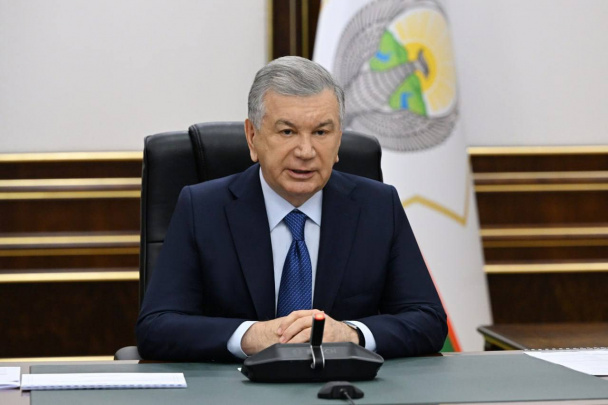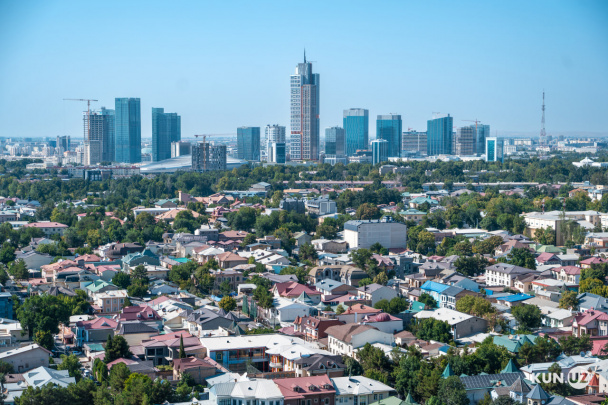World Bank tells how the war in Ukraine will affect Uzbekistan’s economy
Russia’s invasion of Ukraine will slow economic growth in Uzbekistan to 3.6% in 2022, compared to pre-crisis estimates of about 6%.

Photo: Kun.uz
According to the World Bank, an expected 50% drop in remittances (due to a weaker ruble and the collapse of the Russian economy) and higher prices for oil, wheat and vegetable oil will sharply reduce private consumption.
A slowdown in investment growth is also expected, given the heavy reliance on Russian capital imports and bank financing of public and private investment projects.
“While Uzbekistan will benefit from high global commodity prices (gold, copper and natural gas), a 6% reduction in remittances is estimated to widen the current account deficit to 10% of GDP in 2022. Foreign investment from Russia is expected to decline, FDI inflows will be limited in 2022, and it will take time to recover,” the report reads.
As a result, the larger current account deficit is expected to be financed by new government borrowing and the use of reserves.
Higher commodity export and privatization proceeds, as well as a slowdown in public investment, are likely to offset higher social spending to support households dependent on remittances and prevent an expected sharp rise in poverty due to lower remittances and potential returns. a large number of labor migrants to Uzbekistan.
Consequently, the overall budget deficit is expected to fall to 4% of GDP in 2022. The expected fiscal consolidation by 2023 is now likely to be delayed. The government is expected to continue to adhere to its own limits on external borrowing, and public debt is expected to peak at 42% of GDP in 2022-23. It will stabilize at around 40% of GDP by the end of 2024.
“These projections remain subject to significant further revision depending on the duration of sanctions on Russia, potential global financial effects from changes in US interest rates, further waves of COVID-19, and the impact of trade and logistics disruptions on supply chains in Uzbekistan,” the WB concluded.
Recommended
List of streets and intersections being repaired in Tashkent published
SOCIETY | 19:12 / 16.05.2024
Uzbekistan's flag flies high on Oceania's tallest volcano
SOCIETY | 17:54 / 15.05.2024
New tariffs to be introduced in Tashkent public transport
SOCIETY | 14:55 / 05.05.2023
Onix and Tracker cars withdrawn from sale
BUSINESS | 10:20 / 05.05.2023
Latest news
-
Russian lawmakers propose higher charges for migrant work permits
SOCIETY | 18:50 / 15.07.2025
-
Second season of “Open Budget” program kicks off
SOCIETY | 18:49 / 15.07.2025
-
Etihad Airways to launch flights to Uzbekistan
SOCIETY | 18:47 / 15.07.2025
-
Uzbekistan’s mental health index falls below global average
POLITICS | 16:03 / 15.07.2025
Related News

13:04 / 09.07.2025
Central Bank of Uzbekistan reports decline in reserves, while gold volume and value climb

10:32 / 09.07.2025
Inflation expectations in Uzbekistan drop sharply in June

15:00 / 08.07.2025
President Mirziyoyev reviews economic progress in Namangan

20:34 / 07.07.2025



